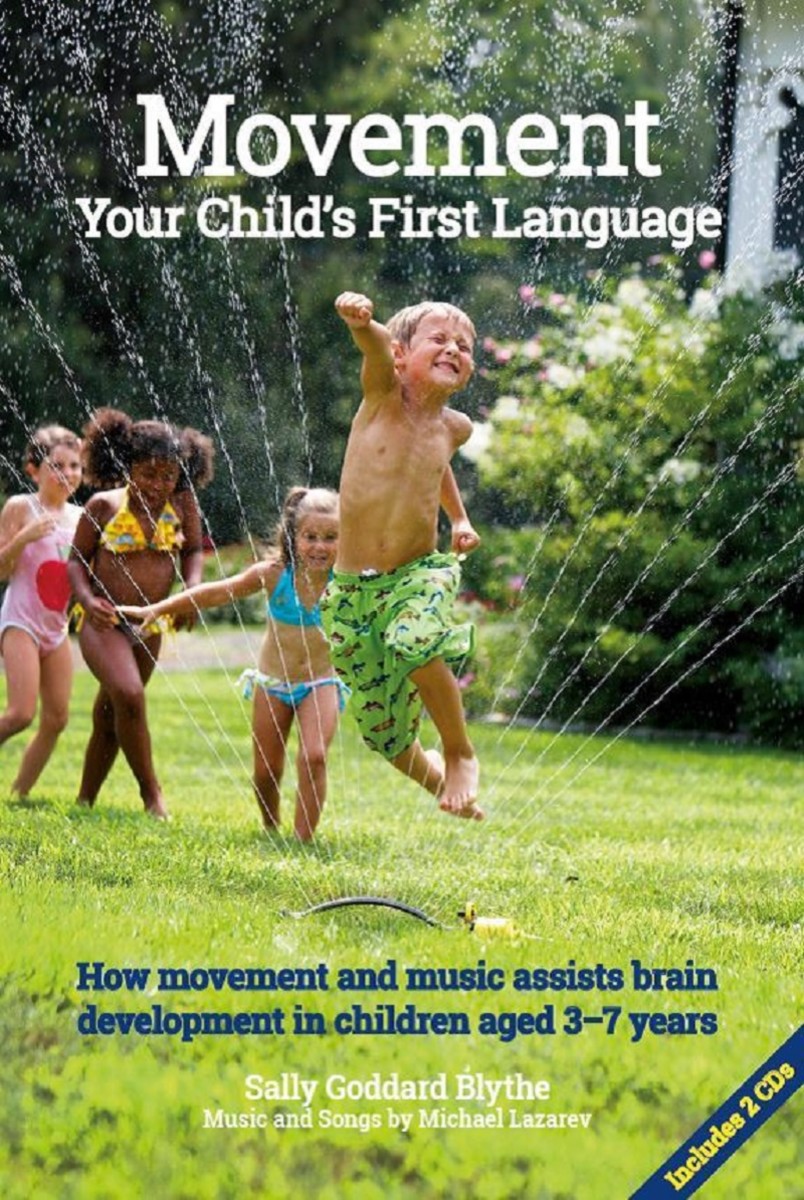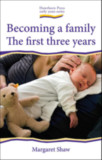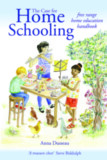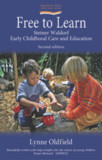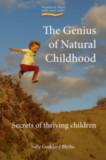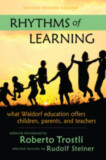Movement, Your Child’s First language
How Movement and Music Assist Brain Development in Children Aged 3-7 Years
- Publisher
Hawthorn Press - Published
15th November 2018 - ISBN 9781907359996
- Pages 192 pp.
- Size 6" x 9.25"
Movement, Your Child’s First language challenges mainstream assumptions about early development and learning with a rich distillation of perennial wisdom and cutting-edge science. In this revolutionary new book, Sally Goddard Blythe eschews politically correct accelerationism with her refreshing focus on children’s real age-appropriate needs—in contrast to those that impatient adults think they should have.
Based on whole-body approaches to learning developed by Sally Goddard Blythe and Michael Lazarev, this book gives us an essential overview of child growth from age three to seven years. It explains why movement and music are essential for healthy brain development and learning, and includes tried and tested activities for helping children become school ready. Sally describes the neonatal reflexes, how children learn with their bodies, and explains the hidden dangers of speeding up childhood.
Included on the two CDs within the book are ten songs by Michael Lazarev and Goddard Blythe’s exercises, which offer creative and enjoyable music and movement activities to help develop coordination and language skills, while the action-stories and nursery rhymes will encourage children to move, listen, and learn.
This invaluable resource is suitable for use by parents, nursery providers, teachers, early-years educators, health visitors, pediatricians, special needs teachers, and educational psychologists.Sally Goddard Blythe
Sally Goddard Blythe is the author of seven books on variou8s aspects of child development. Her professional life has been dedicated to investigating and remediating underlying physical factors in children presenting with specific learning difficulties and adults suffering from anxiety and panic disorder. Although closely linked to The INPP Method, of which she is currently the international director, her interest in a physical basis for learning and emotional difficulties stems from a broad based education, which began with an interest in the arts and moved over to the sciences. Informed by the many children she has worked with in a practice spanning three decades, she has lectured in many different parts of the world and continues to provide training in The INPP Method to students from all over the world.


